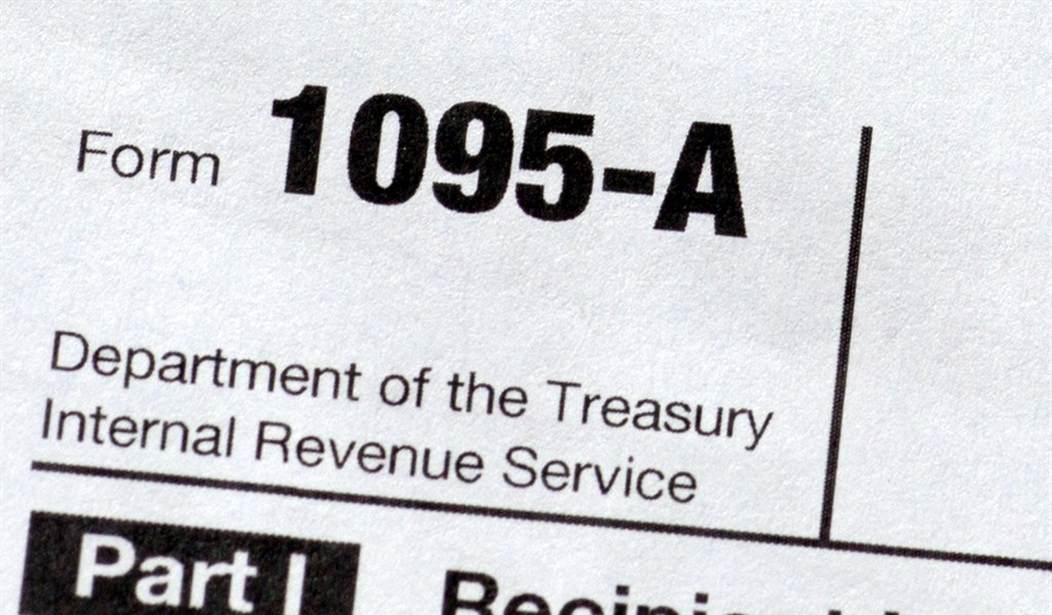What an election for America’s taxpayers!
At the national level, it was evident that many voters have grown weary of President Obama’s tax-and-spend mentality.
At the state level, even voters in a handful of traditionally liberal bastions, including Maryland, Massachusetts, and Illinois, elected leaders who have campaigned against high taxes and spending.
To the benefit of taxpayers, this wave kept rolling to thousands of ballot measures that could significantly affect their wallets – to the tune of billions of dollars.
For example, in Georgia and Tennessee, important constitutional amendments were passed that will shield residents from excessive income taxes.
Seventy-four percent of Georgia voters decided that the personal income tax shall not be increased above the current six percent rate, while voters in the Volunteer State strengthened its zero percent personal income tax by passing (2-to-1) an amendment that affirmatively bans taxes on earned income.
The enactment of both measures is part of the exciting trend of eliminating or lowering state income taxes and could encourage neighboring states to enact similar protections.
The proposed two percent margin tax on businesses in Nevada, which would have taxed gross revenues, was beaten back by a nearly 3-to-1 margin. Clearly, Nevadans were in no mood to become the second state with a margin tax on businesses.
The measure could have led to the loss of thousands of jobs and reduced real disposable income by an estimated $240 million per year. This one was a no-brainer for taxpayers.
Recommended
Though it passed by a much slimmer margin, voters in Massachusetts approved a proposal to repeal a gas tax hike passed by Democrats last year. The now-repealed law tethered the gas tax to inflation, meaning automatic hikes would occur each year. This wasn’t a tax revolt on the level of the Boston Tea Party, but it is an exciting development nonetheless.
On another rebellious ballot measure, Arizonans voted “yes” on Proposition 122 by a narrow margin. State and local sovereignty will increase as a result, as the State Legislature now has authorization from taxpayers to reject federal laws or actions deemed unconstitutional. Additionally, the measure’s passage ensures that state and local tax dollars are only used for purposes consistent with the U.S. Constitution.
California voters embraced Proposition 2, a positive measure that will increase the rainy day fund and force the Golden State to gradually make payments to lower state debt. On the flip side, voters approved a whopping $7.5 billion debt increase that authorizes Sacramento to take out massive loans for water infrastructure improvements.
Locally in California, voters in Berkeley approved the nation’s first local soda tax. The cost of “sugary drinks” will increase by a penny-per-ounce, which adds up quickly. However, a two-penny-per-ounce measure did not garner enough support in San Francisco, a larger liberal bastion.
While adherents of the nanny state might be pleased with the results in Berkeley, the outcome in San Francisco suggests that regressive soda taxes are unlikely to spread rapidly.
It wasn’t all good for taxpayers though. Just as California approved a $7.5 billion bond measure, New Yorkers and Mainers also signaled that they are willing to increase state debt to fund costly new projects, rather than force their state leaders to be better stewards of their hard-earned tax dollars.
Minimum wage increases also passed in Alaska, Arkansas, Illinois (non-binding), Nebraska, and South Dakota. This ought to be troublesome for workers and businesses alike, as countless studies have shown that high minimum wages may actually reduce overall employment by making unskilled and young workers more expensive to hire.
While a handful of pricy measures were approved, the taxpayer victories in Nevada, Georgia, Tennessee, Massachusetts, and beyond cannot be understated. Forget a ripple effect – these wins were part of a midterm that will influence how other states approach tax policy for years to come. The message from taxpayers in both red and blue states is clear: high taxes are not the wave of the future.
























Join the conversation as a VIP Member